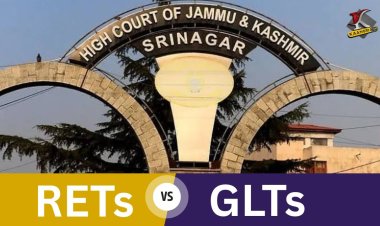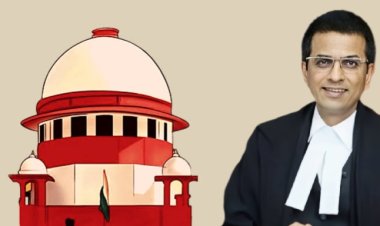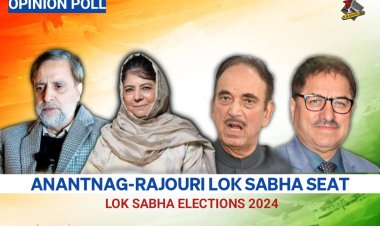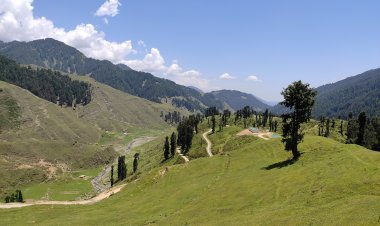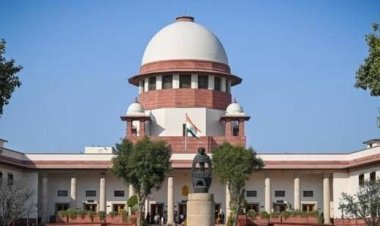Unmetered Auto Rickshaws: The Costly Consequence

Three-wheelers, or autos, are a common mode of transportation in many cities and towns. While they are a convenient and accessible form of communication, there is one major issue that has been prevalent for years: the absence of meters. Auto drivers often take advantage of this lack of accountability and charge passengers whatever fare they please, often leading to disputes and disagreements.
The government of Jammu and Kashmir has attempted to address this problem by issuing notifications outlining the fare rates, but these notifications have not been effectively enforced. The latest notification from the State Transport Authority outlines a fare rate of Rs. 39 for the first 2 km and Rs. 17 for each additional km. For example, if you are traveling from Jammu Railway station to Panjthirthi, which is 6 kilometers away.
The total fare for a 6 km ride would be Rs. 107, calculated as follows:
Rs. 39 for the first 2 km
Rs. 17 for each additional km, for a total of (17 x 4) = Rs. 68 for the remaining 4 km
The total fare would be Rs. 39 + Rs. 68 = Rs. 107.
However, these rates are often disregarded by auto drivers who overcharge their passengers. They charge a higher amount that is not based on the fixed rate.
Passengers complain that the rate of auto-rickshaws varies from one vehicle to another even for the same route. Despite instructions from authorities to install meters, there has been no enforcement of these rules on the ground.
The argument that the reason for overcharging by auto-rickshaw drivers is due to a petrol hike is not a valid excuse. The fact is that other businesses, such as vegetable vendors or supermarkets, are also facing cost increases, but they still follow established pricing systems and do not arbitrarily overcharge their customers. This means that the practice of overcharging is not justifiable and the transport department should take action to ensure that auto-rickshaw drivers follow the established fare chart and pricing system.
The transport department in Jammu and Kashmir can address the issue of arbitrary fares by requiring registered auto-rickshaws to install meters and follow the fare chart. If the drivers fail to comply, the department can impose fines for flouting the meter installation order. This will help create a more transparent and fair system for commuters.
This is why it is crucial for the government to take steps to ensure that meters are installed in all autos. This will bring transparency to the system, ensuring that passengers are charged fair rates and drivers earn their living without facing accusations of overcharging or fraud. In addition, meters will also help curb the problem of black marketing and hoarding, as well as reduce the chances of arguments between passengers and drivers.
Installing meters in autos will bring a sense of accountability and transparency to the system. Passengers will not have to worry about calculating their fare, as the meter will clearly display the amount owed. This will also help to reduce the chances of disputes between passengers and drivers, making for a smoother and more pleasant experience for everyone involved.


